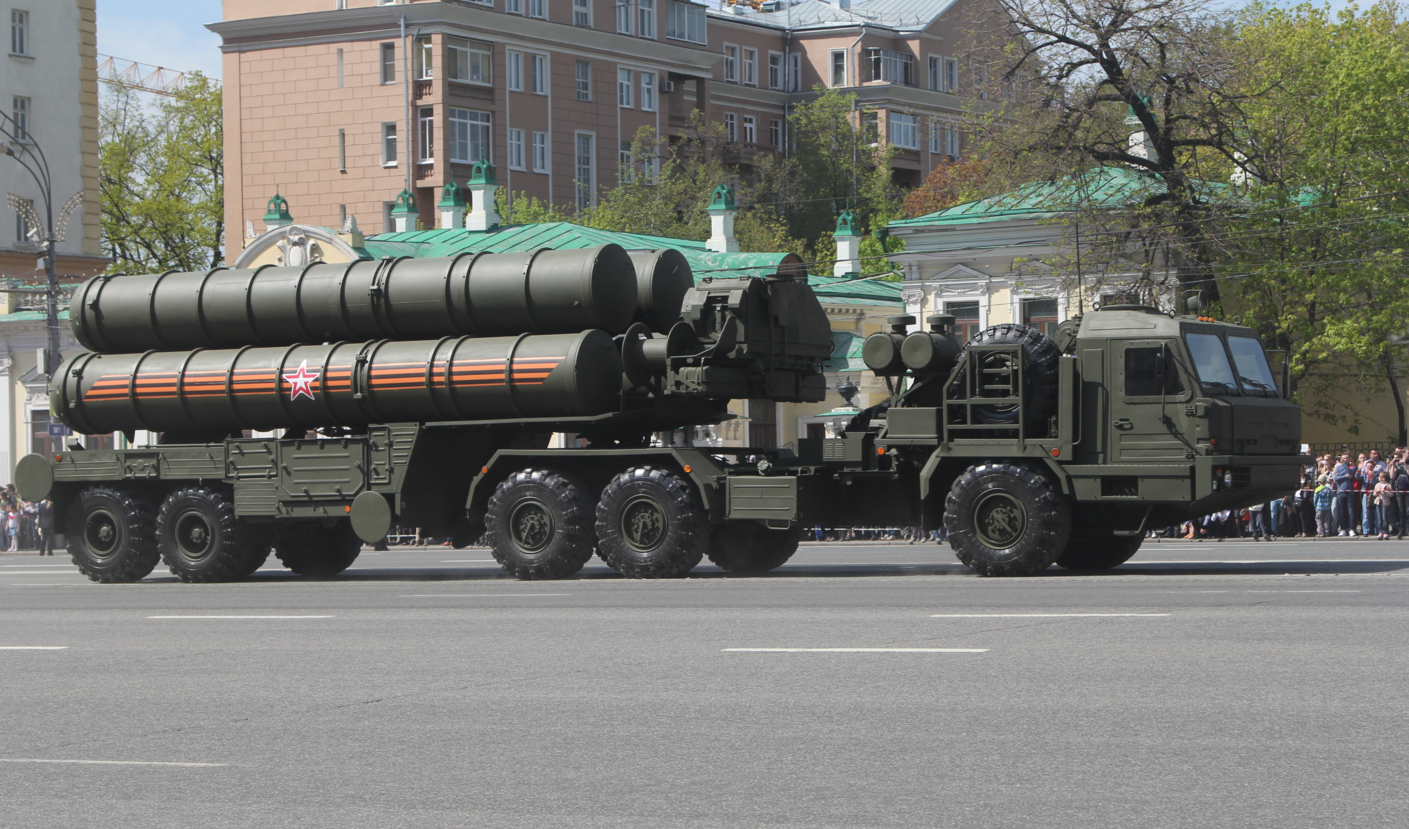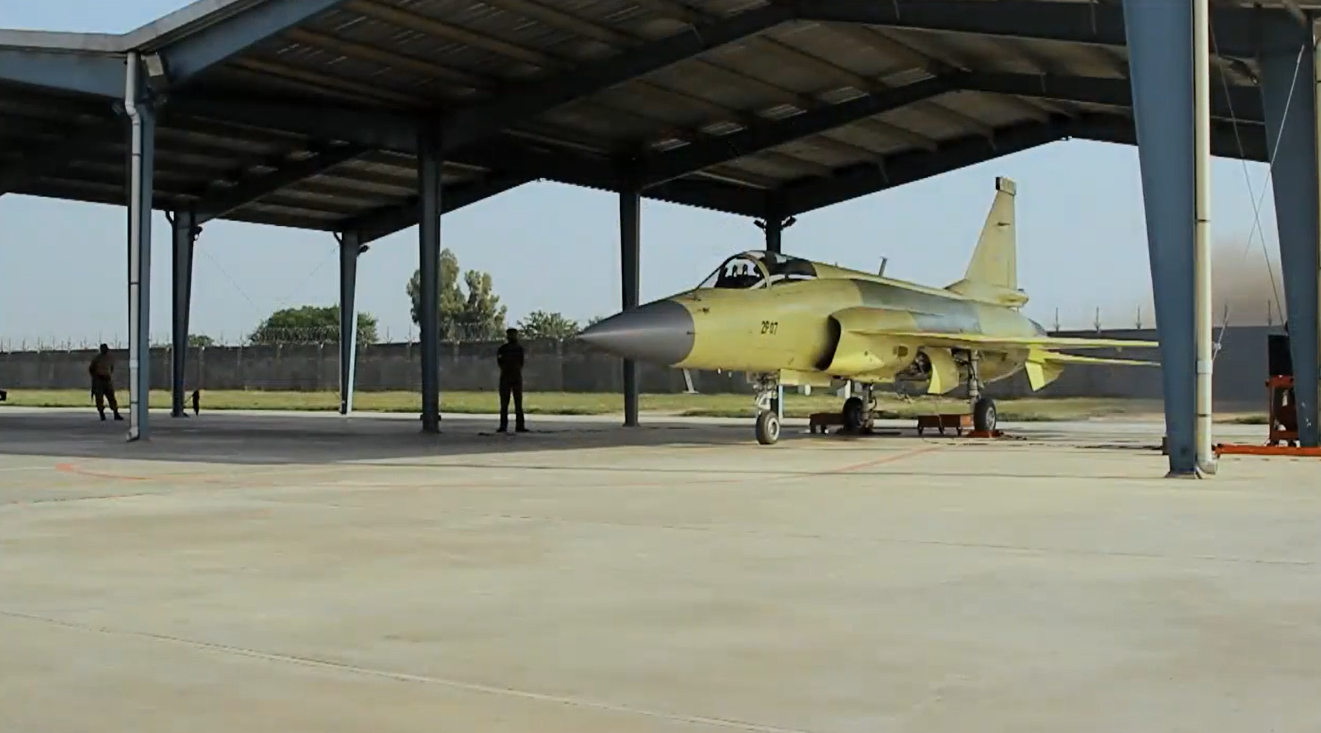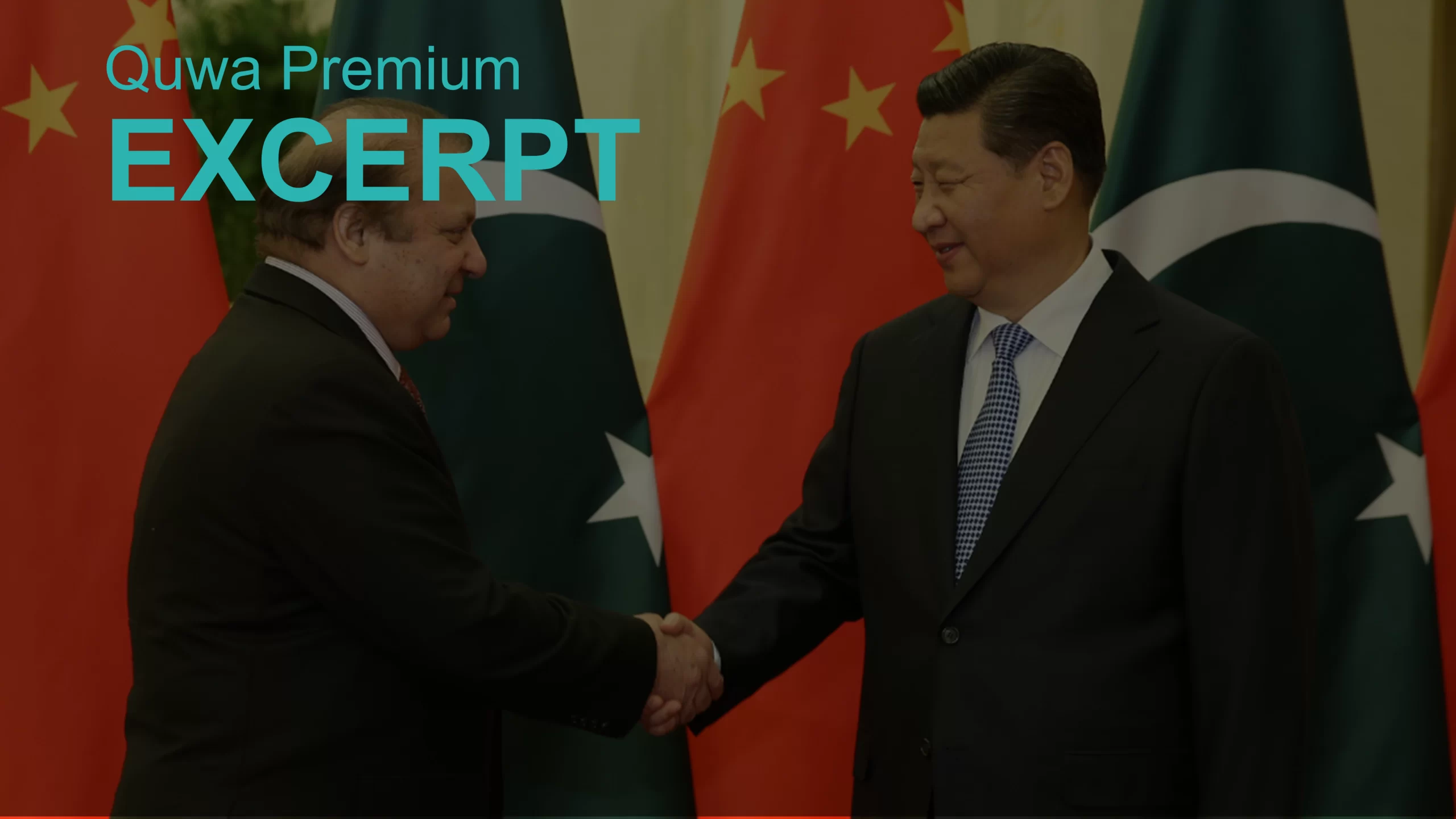2866Views 4Comments

Turkey reportedly in talks for S-400 SAM from Russia
The Daily Sabah reports that Turkey is in talks with Russia for the purchase of the S-400 Triumf long-range surface-to-air missile (SAM system as well as for technical collaboration for a new SAM system.
In November, Turkey’s Minister of Defence Fikri Işık told a national broadcaster – NTV – that the Turkish government was interested in the S-400, and that Russia’s response was “positive.”
While seeking an off-the-shelf system, the Turkish Undersecretariat for Defence Industries’ (SSM) head, Dr. İsmail Demir, said that Turkey was still committed to its domestic long-range SAM program.
In lieu of the fallen HQ-9 deal with China, Turkey had begun talks with several vendors for an immediate solution. Eurosam, a collaboration by MBDA France, MBDA Italy and Thales Group, and its Aster-30 was among the contenders Ankara was engaging in regards to the program. The SSM stated that the off-the-shelf purchase could be extended to Turkey’s domestic program.
As per the Daily Sabah, Ankara and Moscow are negotiating the S-400 and Turkish long-range SAM project as two distinct programs. These talks are being managed in parallel.
Notes & Comments:
For its long-range SAM requirement (T-LORAMIDS), Turkey had originally selected the HQ-9. It was to sign a USD $3.44 billion deal with China Precision Machinery Import Export Corp (CPMIEC) for the systems as well as a level of transfer-of-technology.
However, pressure from NATO (ostensibly over interoperability concerns and security) pulled Ankara away from this deal, forcing the SSM and the Turkish Armed Forces (TSK) to revise their plans. In response, the SSM tasked the Turkish defence industry – led by Aselsan, Roketsan, and TUBITAK-SAGE – to develop a homegrown solution. The SSM also tasked the industry to produce an analogous naval SAM solution for the TF-2000 anti-air warfare (AAW) frigate program.
While investments in radar, rocket and munitions guidance technology were made over the past decade (culminating in the Hisar-A and Hisar-O short and medium-range SAM programs), Turkey is evidently seeking overseas support to bring the long-range SAM program to fruition. If finalized, this would be Russia’s second major run as a development partner for another country’s SAM program.
In the early 2000s, Almaz-Antey collaborated with South Korea’s Agency for Defence Development to develop the Cheongung (Iron Hawk) for the South Korean armed forces. The first product is the KM-SAM, a medium-range system capable (range: 40 km and altitude: 15 km). Both Seoul and Moscow are working to market the KM-SAM for third-party export. The partnership was reportedly being extended to long-range SAM technology as well, and that too based on the S-400.
It would be interesting to see how much of the Cheongung is used in the Turkish program, especially since Ankara has had productive dealings (involving technology transfer) with Seoul in the past. Using existing designs would accelerate the Turkish program and potentially save on development cost.



4 Comments
by Freebird
Nice. Aselsan can inquire export version of s-400, learn how to jam it and then deliver results to Pakistan. Indian s-400 will be useless.
by zafar
wow. is that so easy ??
by Freebird
Recall that Greece delivered its own s-300 system to Israel so that Israel can inquire it and learn how to jam Iran’s s-300 air defence.
by Khalid Riaz
Pakistan has made very significant investments in surface to surface and air-, and recently, submarine-launched cruise misiles, SAMs have not received the same kind of attention.
Despite India’s planned acquisition of advanced aircraft in large numbers, our strategy still seems to center around fighter aircraft to counter them. Interestingly, India that enjoys great advantage in aircraft numbers, is planning to acquire the Russian S-400 SAM system. With its long range, this SAM could deny the use of Pakistan’s own airspace to the PAF.
Long range SAMs on the Pakistani side would help protect Pakistan’s air space, increase IAF attrition, and force the Indian aircraft to operate from bases farther away from Pakistan’s border. This would probably make the role of land forces more important where the assets (armour and mechanized units), are less dissimilar, and relatively less readily redeployable. The latter may be a stabilizing factor.
Pakistan should consider partnering with Turkey or China for the developent of the advanced SAM.